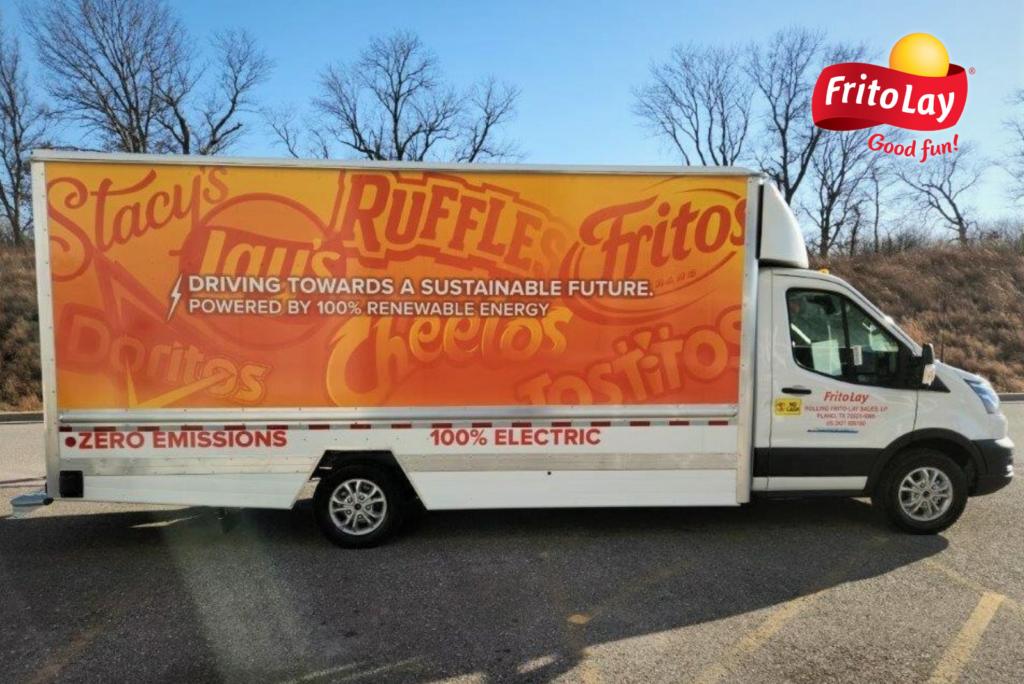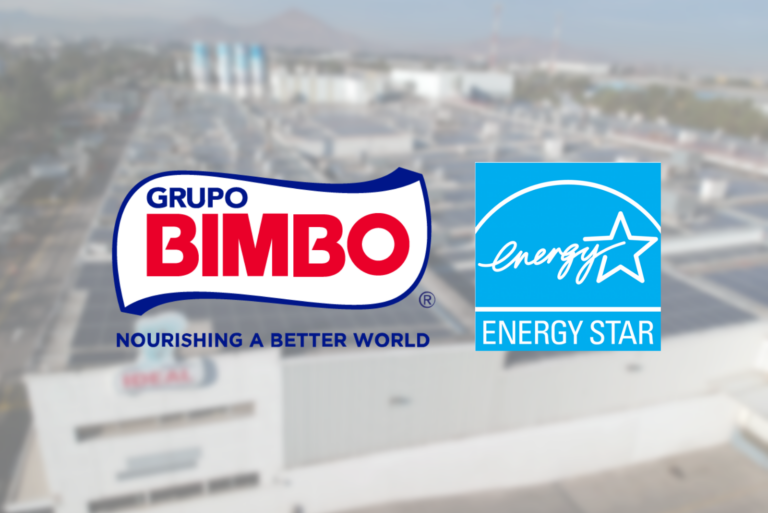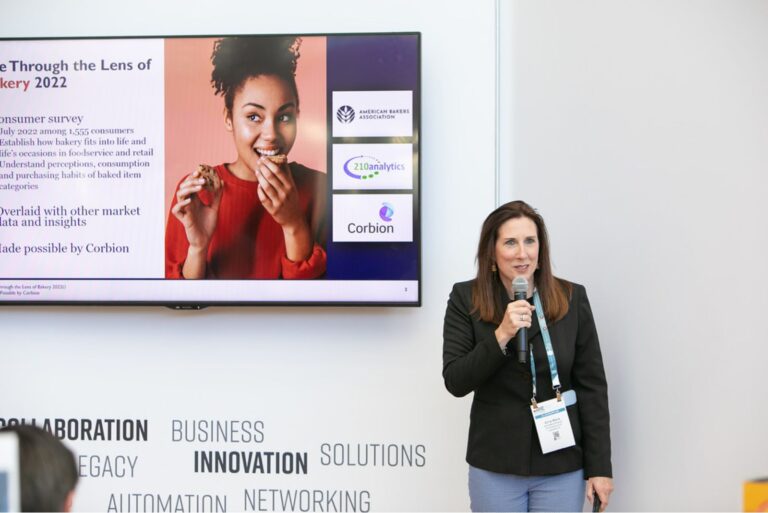PLANO, TX — Snack leader announced it will deploy over 700 electric delivery vehicles in the US by the end of this year. The electric vehicles are expected to decrease greenhouse gas emissions by 7,052 metric tons each year, which is comparable to 1,533 passenger cars.










